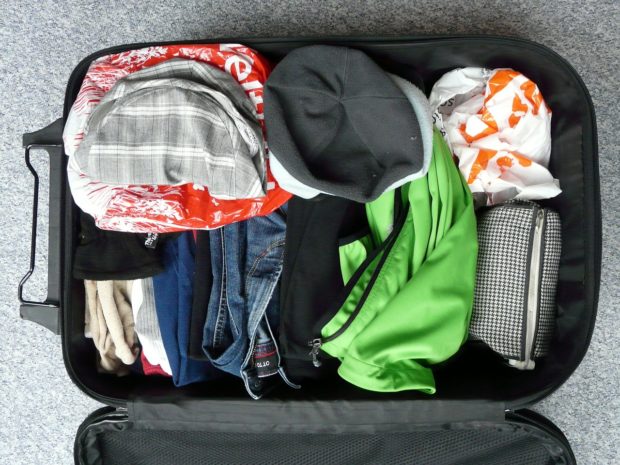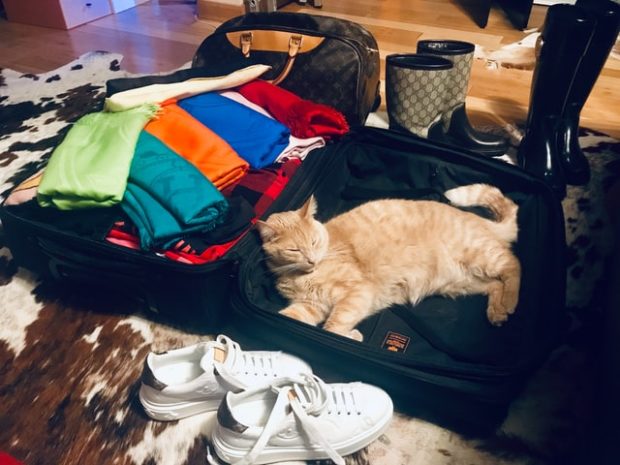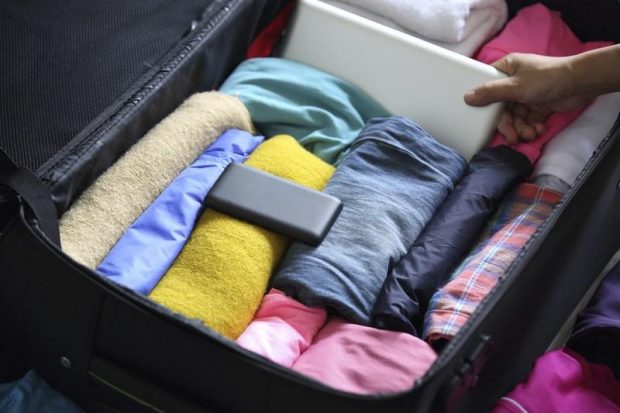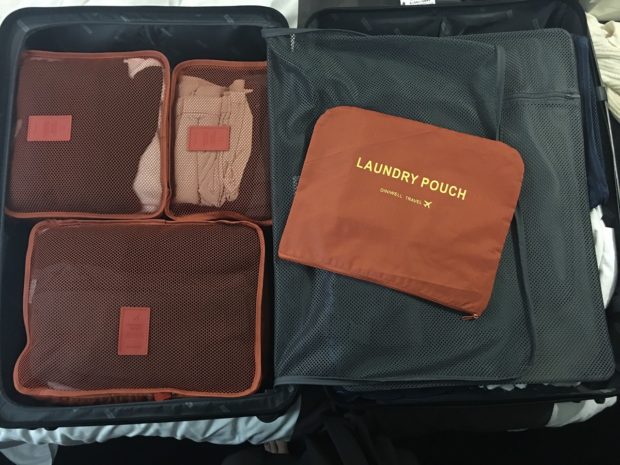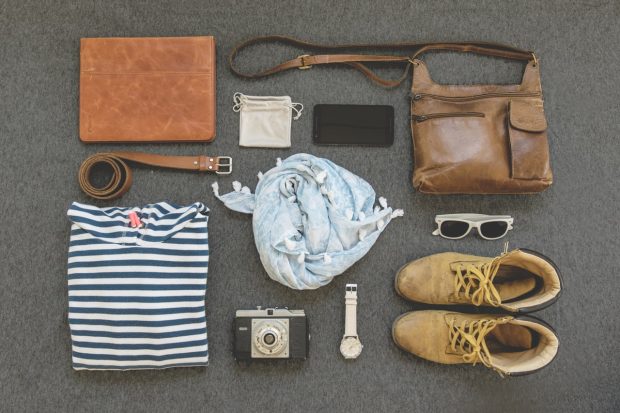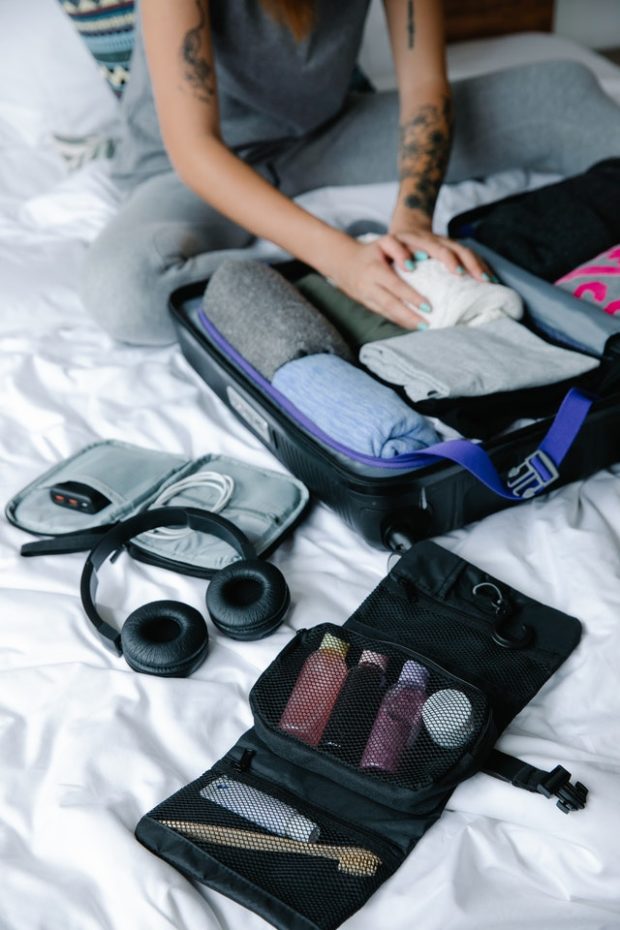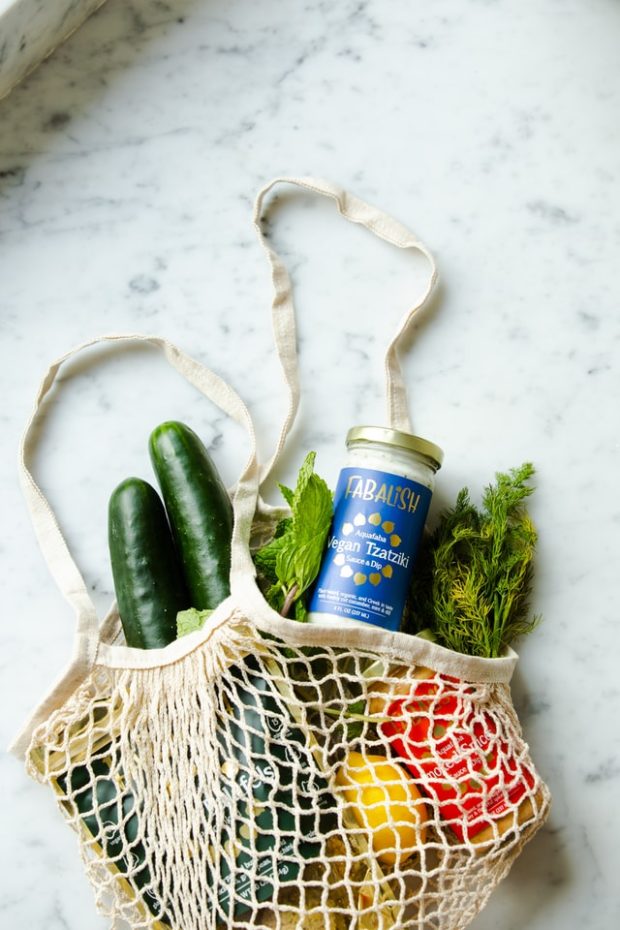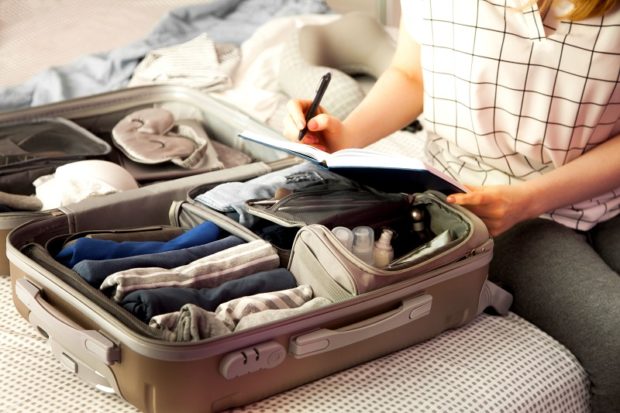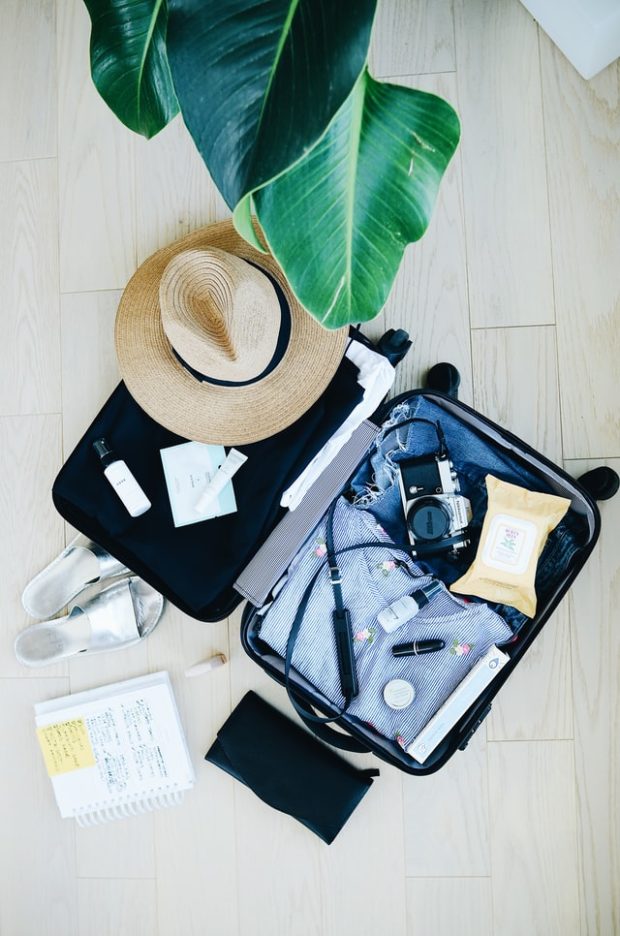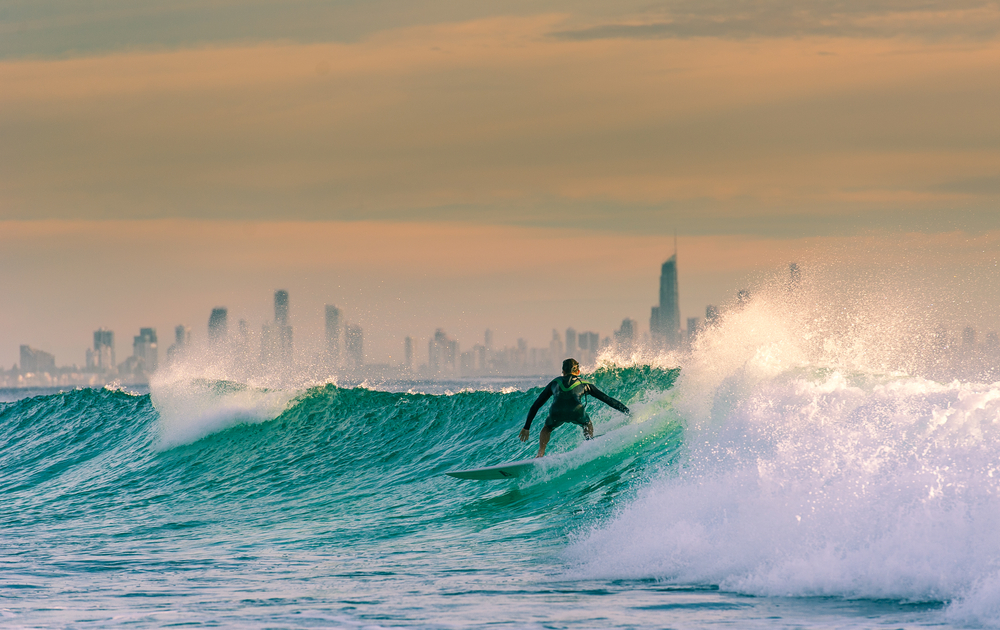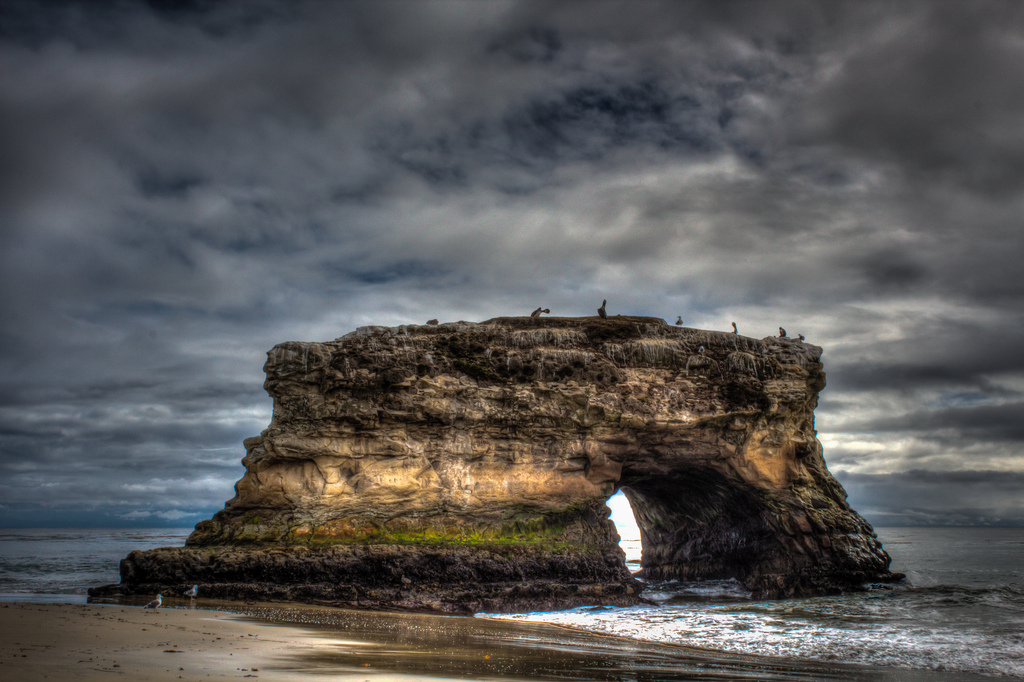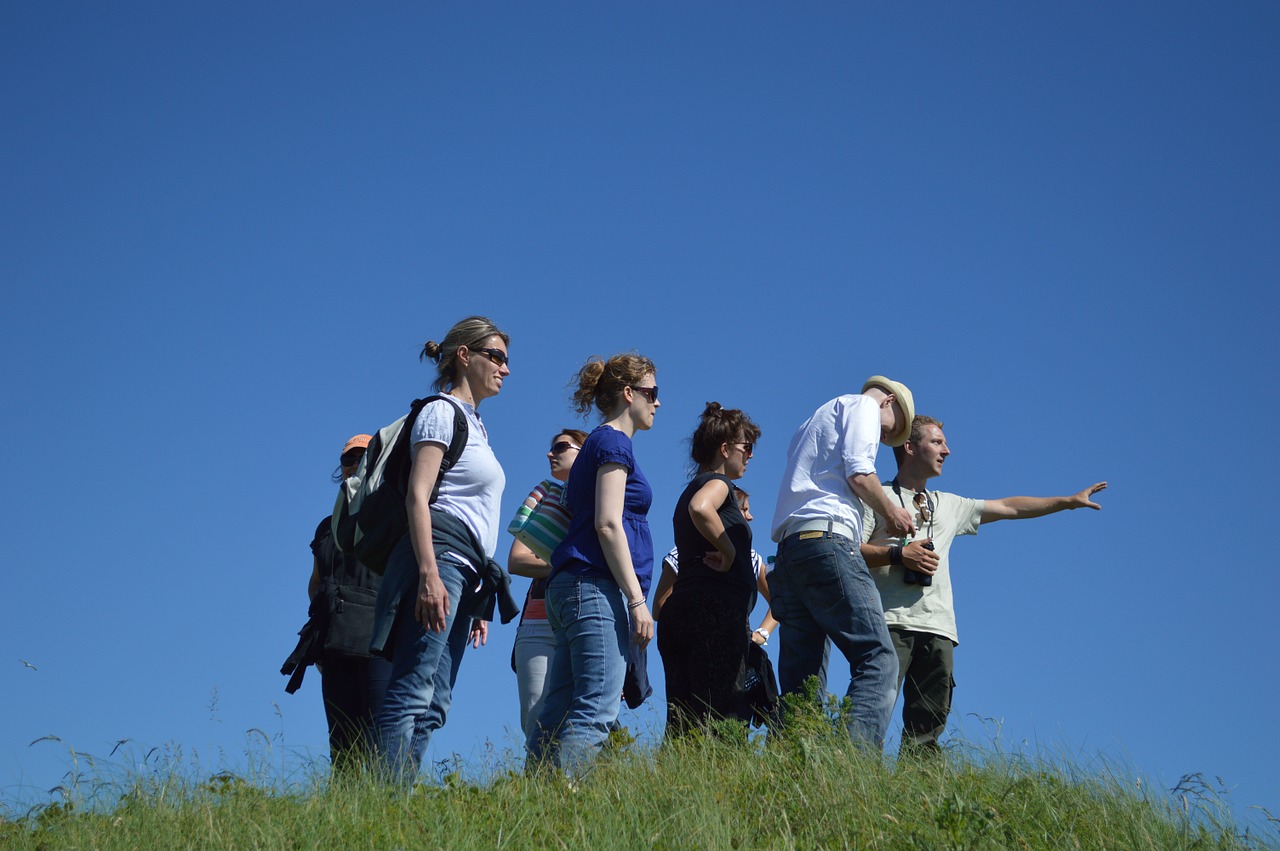In its most common definition, minimalism entails buying and consuming only what you require. Travelers’ major attention will shift to merely carrying what they need. The primary concept is to not bring anything with you that you don’t need.
Minimalism, in my opinion, is necessary for everyone, but it is especially crucial for long-term travelers and digital nomads. We’ll discuss the advantages of minimalist traveling, go over travel expenses, the necessary packaging list, and additional tips and principles that are useful for those who are frequently on the move.
Long-term traveling necessitates minimalism since having too much stuff would only drag you down. As a minimalist traveler, you want to focus on the locations you’re visiting rather than worrying about carrying too much luggage or rushing to pack the night before you leave. You’ll transform the way you travel and reduce a lot of tension by just carrying the necessary goods with you.
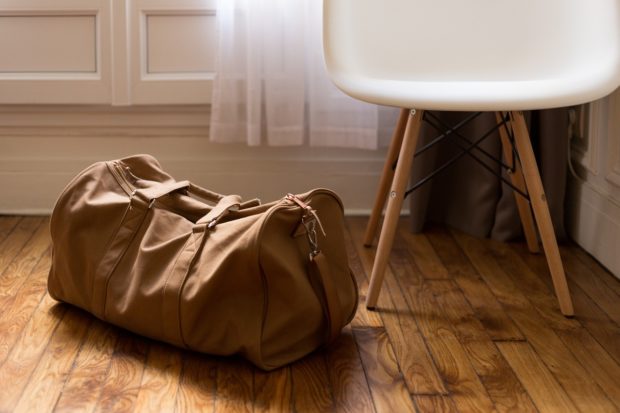
How many suitcases did you bring on your previous trip? One? Two? Three? Did you spend a long time calculating how many clothes you’d require? What if it started to rain? These are the types of inquiries that lead to piles of clothing, bags full of toiletries, and a slew of charged, ready-to-use devices (that never get used) clogging up your suitcase.
Minimalism doesn’t have to be a one-size-fits-all approach. It has varied meanings for different people, and getting started is not as tough as you would imagine.
What is Minimalist Travel?
Minimalist travel is a style of travel for which the traveler only brings the items that are required and nothing else. You’re doing it correctly if you can fit your entire existence into a suitcase. Even great if it can be carried in a rucksack.
A world where individuals spend a year traveling and living out of a single suitcase is an example of minimalist travel. It discourages purchasing a souvenir at every visit only to claim you bought one in x place. Capsule outfits and multi-purpose gadgets are praised. Over luxury or appearance, it prioritizes efficiency, quality, and simplicity.
Minimalism, on the other hand, is part of a larger lifestyle and philosophy. Beyond personal things, minimalism is associated with independence and decisiveness, two important aspects of travel.
Minimalism is practiced in a variety of ways. For some, this entails getting rid of anything that isn’t essential. For others, decluttering and avoiding fast fashion is all that is required. Minimalism promises not just a life devoid of material goods, but also a shift in mentality and, ultimately, a higher degree of pleasure.
It has grown in popularity among digital nomads and has become a crucial component of remote work. Even individuals who do not identify as minimalists prefer to apply most of the concepts to assist them in long-term travel. One could even argue that a digital nomad lifestyle isn’t possible without some degree of simplicity.
How Minimalism Helps Digital Nomads Travel
A minimalist lifestyle is popular among long-term travelers and digital nomads. That makes it logical, given that they don’t always have a home base and must bring their possessions with them. As a result, prioritizing the most vital goods and packing efficiently is critical.
Many take this concept quite seriously. They just bring as little luggage as possible to travel as light as possible. However, becoming a minimalist is about more than just tangible possessions. You can’t and don’t want to keep too many routines while you’re on the road a lot. Every day has the potential to be different.
Furthermore, because you won’t always have a lot of alternatives, you’ll focus more on necessary and nutritious foods, and you’ll recognize how crucial nutrition is for being physically and mentally fit. And, because you may not always have an internet connection or time, you won’t be able to absorb unneeded knowledge.
What do you get when you’re a minimalist travel nomad? Here are some of the advantages of this way of living.
- Financial Benefits
- Reduced stress
- Physical comfort
- Freedom
- Flexibility
- Time & Money Saver
And because you travel for a reason, you’re naturally more focused on experiences, right? You try to cut back on your bad habits since you don’t have the time or the chance to do so.
Having a minimalist attitude entails more than just cleaning out your closet and discarding items you don’t use. It may also be used in other aspects of your life, such as finances.
Saving money is not the ultimate objective for a minimalist, but it is a wonderful result of a lifestyle. And we need to remember that minimalists also have many expenses and need to take care of finances.
Minimalist Travel Expenses
Any traveler understands that it’s ideal to travel light, especially when traveling internationally. When packing for your next vacation, go for a minimalist approach and make sure just the essentials make the cut.
Although minimalists do not spend a lot of money and save a lot, they nevertheless have a lot of expenses. To assist you with this process, we’ve put together a list of minimum expenditures that will help you determine how much money you’ll need for your trip.
- Transport
- Packing Cubes
- Quick-Dry Travel Towel
- Foldable Daypack
- Travel Insurance
- Waterproof Sneakers
- Travel toiletry and comfortable containers
- Food
- Rent, etc.
When planning your vacation, especially when creating your travel budget, make sure to factor in all of the expenditures you know you’ll incur. However, in addition to all of these known expenditures, a travel emergency fund should be established. This can come in handy in emergencies, and at your most difficult times you will now think about how to get emergency cash, or you may use it to spend at the end of your vacation, or even get home with the money (no one says you have to spend this fund, just that you should have it).
Minimalism is a movement centered on simplifying one’s life and making the most of what one has. To call oneself a minimalist, some popular practices require you to own less than 100 items, but the overall notion simply entails making sacrifices in exchange for more freedom. Being responsible for fewer material goods and being surrounded by them might help you feel less overwhelmed, anxious, guilty, and even sad.
Minimalism, on the other hand, isn’t simply about keeping your house and office clutter-free. It’s also a liberating way to travel and explore the world, particularly if you’re on a budget or planning a lengthy journey.
Traveling minimally may help you save money on flights, be more comfortable on the road, waste less time waiting for your luggage to arrive, reduce your risk of theft, and better blend in with local cultures.
You may adopt a minimalist mentality when packing your bag, organizing your transportation, and touring in new areas with only a few simple changes.
Minimalist Travel Tips and Principles
#Tip1. Purchase a very well bag
Although minimalism is all about avoiding acquiring additional things to enrich your life with, if you’re a frequent traveler, some goods are worth investing in for the long haul. A well-organized and ergonomic travel bag with many compartments and flexibility choices is one of these products. Consider purchasing a bag that transforms from a rolling suitcase to a backpack and has a detachable daypack. When traveling light, pockets are your best friend for keeping your toiletries, gadgets, and clothing separated and organized.
#Tip2. Bring the bare minimum of clothing
Perhaps you’re a fashionista at home, but to appreciate minimalist travel, you’ll need to alter your fashion mentality. Rather than focusing on the clothes you might desire, concentrate your packing list on the goods you’ll certainly need. Wool is an excellent choice since it is naturally odor-resistant, dries quickly, is warm, and does not wrinkle. Additionally, to save room in your backpack and eliminate creases, consider rolling your items firmly.
#Tip3. Reevaluate the items of your toiletry bag
Toiletries take up a lot of space in a bag and have a horrible habit of exploding under pressure and leaking, causing major messes. Leave your beauty items and renewing elixirs at home and concentrate on the essentials: toothbrush, toothpaste, soap, shampoo, deodorant, and lotion. Other amenities, such as sunscreen and insect spray, may be purchased as needed throughout your vacation.
#Tip4. Wear shoes that are both comfortable and versatile
Nothing is more unpleasant or infuriating than putting a lot of stylish shoes in your suitcase just to find out they’re utterly uncomfortable and cause blisters while you’re out and about. When you travel, you’ll probably be walking more than normal, so a comfortable pair of shoes is vital. Invest in a pair of comfortable shoes that aren’t too sporty or brightly colored, so you can wear them with anything and not seem out of place.
#Tip5. Buy groceries during travel
If you’re on a budget or trying to lose weight, eating out every meal might become tiring after a while. When traveling, look for local grocery stores and fresh markets to shop for food to save money and eat healthier.
#Tip6. Think Functionally
When you’re traveling light, it’s a good idea to carry goods that can be used in several ways. When your products have several purposes, you may significantly reduce the amount of stuff you bring.
#Tip7. Be Practical
It’s a good idea to keep in mind that you’ll be in a different environment and culture while you’re away, so you might not need or use as many of the goods as you would at home.
When it comes to minimalist travel packing, think in terms of practicality, and it will be much simpler to take out the stuff that you don’t truly need.
Minimalist Travel Packing List
Now it’s time for the minimalist packing list, which is simple to grasp but difficult to apply. Although this isn’t extreme minimalism, you’ll achieve 80% of the effects with only 20% of the sacrifices.
Clothing
- 2 shirts with short sleeves
- 2 shirts with long sleeves
- 1 jacket
- 1 pair of trousers
- 1 pair of shorts
- 1 pair of shoes (boots, sneakers, or sandals depending on personal preference)
- 2 pairs of underwear
- 2 pairs of socks
- 1 scarf
Toiletries
- 1 toothbrush
- 1 bar of soap
- 1 package of toothpaste
- 1 deodorant
It can be difficult for you to transition to a minimalist lifestyle, especially when your demands are so different and distinct. In terms of minimalism, the more you have, the more difficult it is to let go, regardless of how important it is. It’s probably best not to put yourself through this ordeal.
However, there are several advantages to living a minimalist lifestyle and carrying less as a minimalist traveler or a digital nomad. Here are a few examples.
- Make your life easier – The minimalist lifestyle emphasizes cleaning and removing things that you don’t use, such as outdated clothing, disused appliances, useless trinkets, and desk clutter. This will aid in the creation of more living space in your home.
- Financial independence – When you consume less, you have less, and you won’t need to work as hard to get the same amount of money. This allows you to work less and accomplish other things with your time.
- Increased security – As you go between locations, carrying a lot of items slows you down and makes you vulnerable. You become an obvious and easy target. The more stuff you have, the simpler it will be to forget and lose things.
- Physical comfort – Traveling light is far more pleasant and enjoyable, and your back will thank you. It’s not nice to be clumsy with massive luggage when traveling between locations.
- Saves your time and money – You can check out quickly without wasting important time packing on each move. Additionally, the restricted choices help you to spend less time making selections, such as what to dress every day. You will save money on maintenance and replacement of unneeded things, storage, and checking in excess luggage on your flights in addition to saving time.
If you want to be a minimalist traveler, you’ll need to adopt a minimalist mindset. Long-term travel and remote work are only possible if you downsize your stuff and just bring what you truly need. If you have too many bags to pack, you’ll lose the thrill of location freedom and be inclined to return to a single spot.
Allow yourself to let go and enjoy the freedom that comes with having less stuff. Begin by taking the initial steps toward being a true minimalist today.

